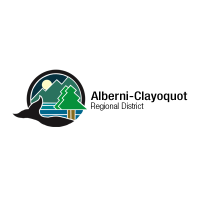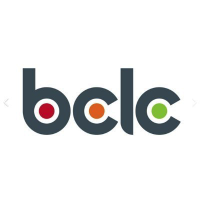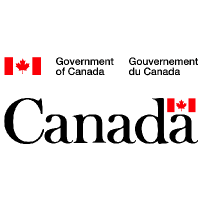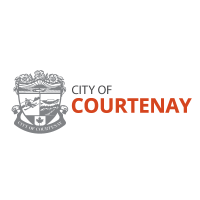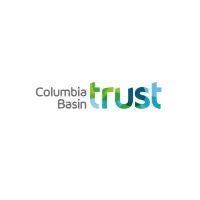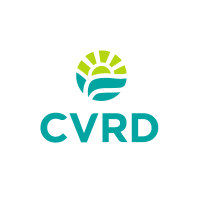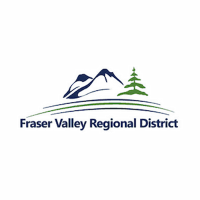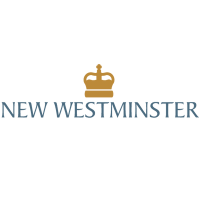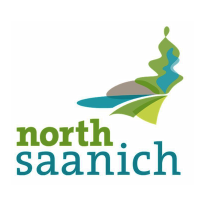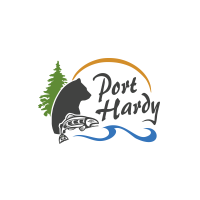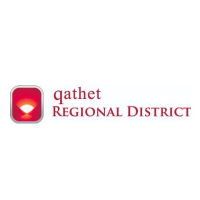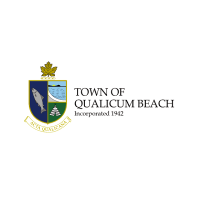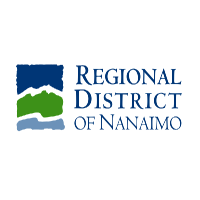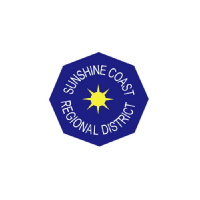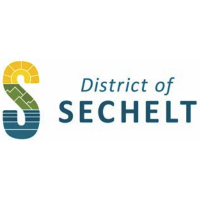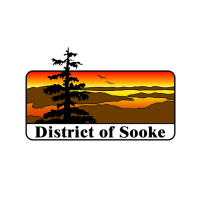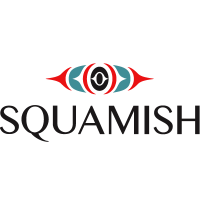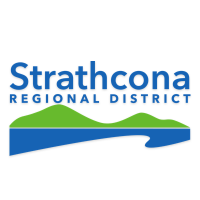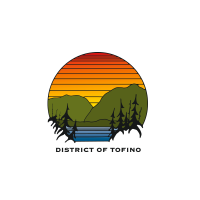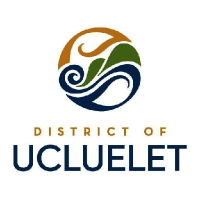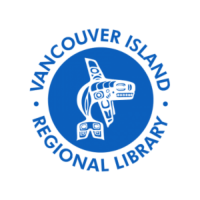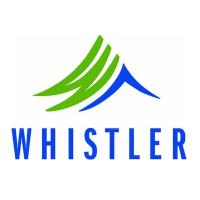Training
Members get unlimited access to core social procurement training and quarterly community learning events designed to help governments and institutional purchasers implement social procurement practices across their purchasing.
Resources
BCSPI offers a number of social procurement resources designed by subject matter experts. While several resources are available to the public, members get access to the full resource library packed with examples, templates, and guides.
Community of Practice
BCSPI is designed to foster collaboration and share learnings between members. The BCSPI Community of Practice meets quarterly and is a space to ask questions, share challenges and learn from social procurement successes. These peer learning opportunities will add capacity to support the heavy lifting involved in implementing new organizational practices and procedures.
Consulting and Customized Training
BCSPI members have access to Buy Social Canada’s team of experts for consulting and customized training at a discounted fee. By complementing the BCSPI extensive resource library with consulting support, your organization can benefit from a truly customized social procurement journey that makes sense for your community.
Non-members can access webinars and other events at cost.
Who is BCSPI For?
Local Governments
Local governments include municipalities, regional governments and First Nations governments. The annual membership cost for a local government to join BCSPI are based on population, and First Nations join for free.
Local governments interested in joining BCSPI please contact us for more information.
Institutional Purchasers
The BCSPI fee structure for institutional purchasers such as post-secondaries, health authorities and school boards is based on annual organizational spend.
Institutional purchasers interested in joining BCSPI, please contact us for more information.
BCSPI is delivered by



Territorial Acknowledgement
We respectfully acknowledge that we live, work, and learn on unceded, traditional, and ancestral lands of Indigenous and First Nations peoples. Specifically, BCSPI project delivery partners are located on the lands of Sḵwx̱wú7mesh (Squamish), Səl̓ílwəta/ Selilwitulh (Tsleil-Waututh) and xʷməθkʷəy̓əm (Musqueam) Nations, the Katzie, Semiahmoo and Kwantlen Nations, the lək̓ʷəŋən peoples, now known as the Esquimalt and Songhees Nations, and the W̱SÁNEĆ peoples.
We invite you to consider what efforts we can all take to repair and improve our relations with Indigenous people locally and globally.

